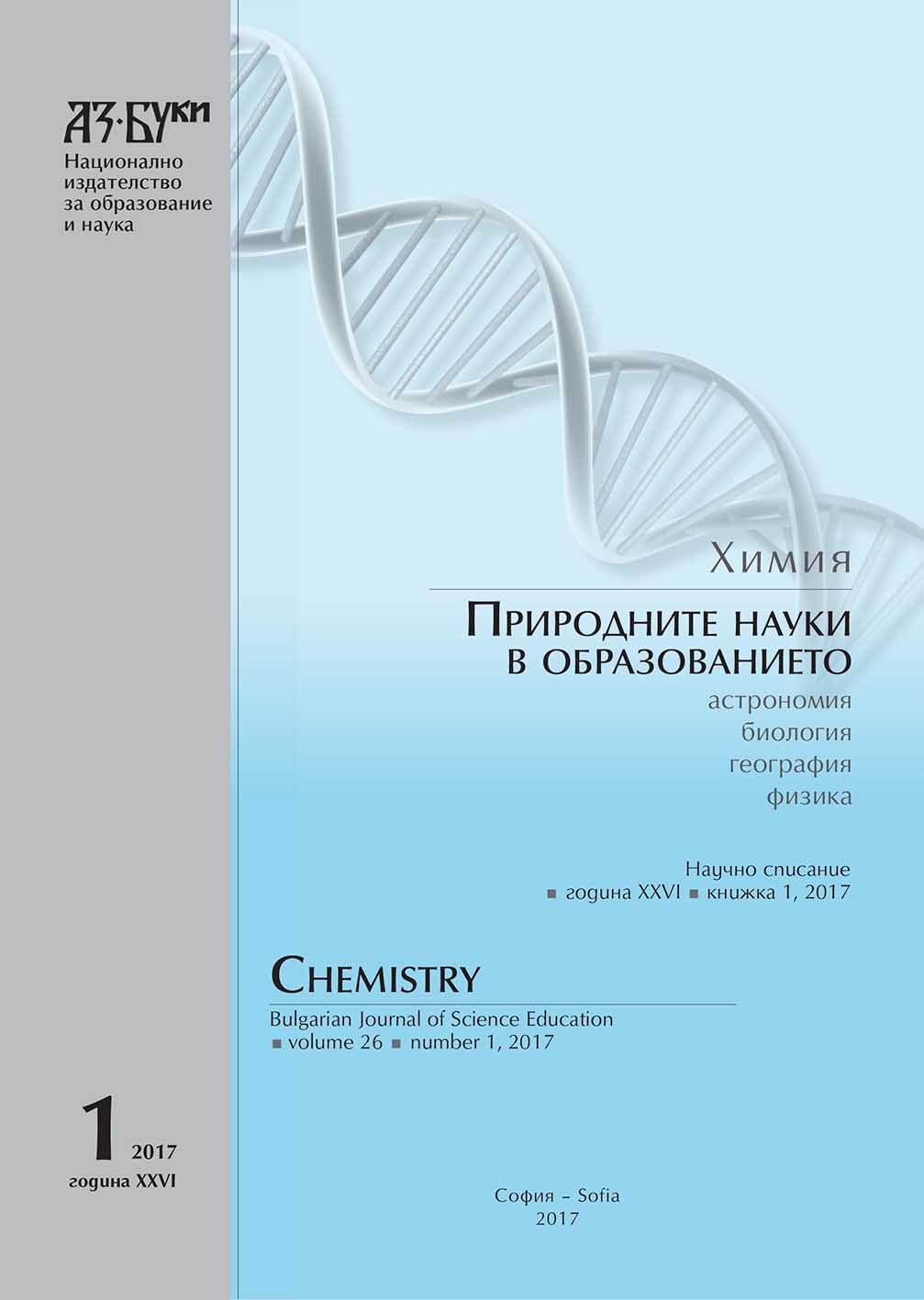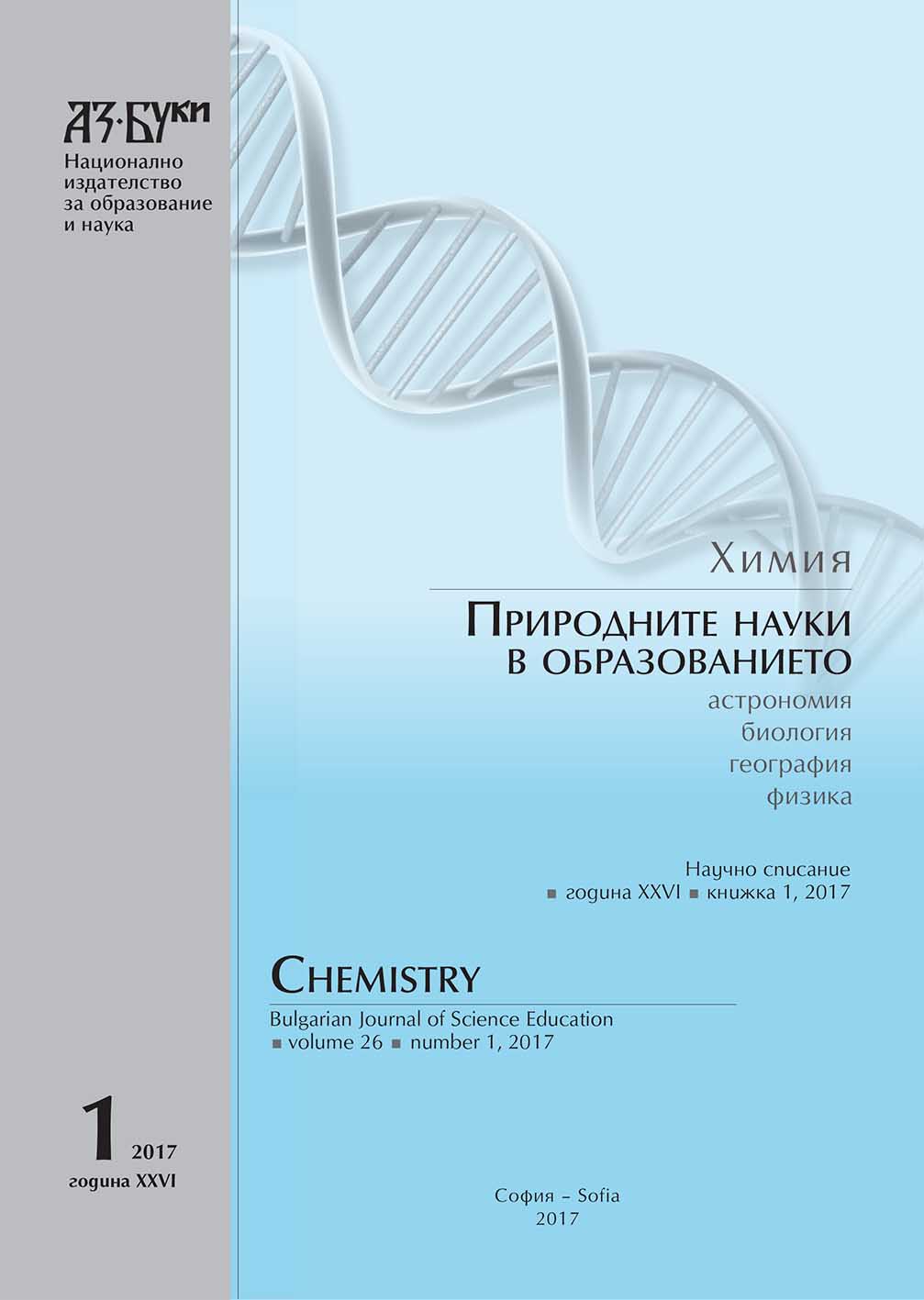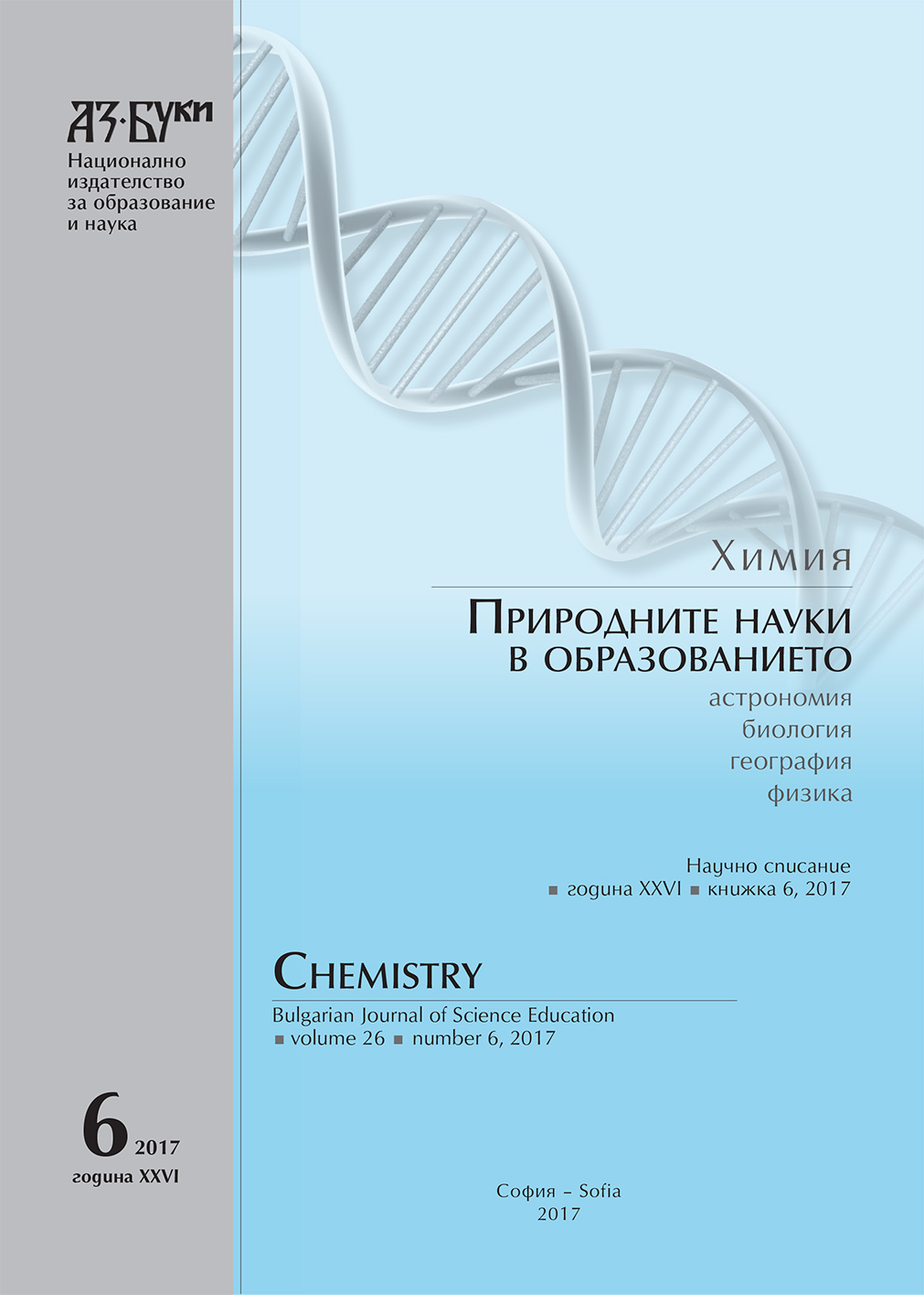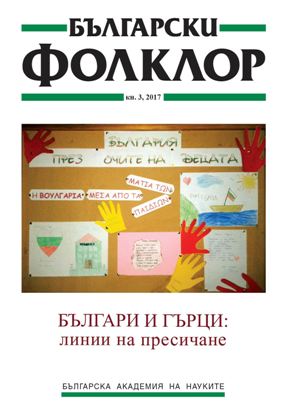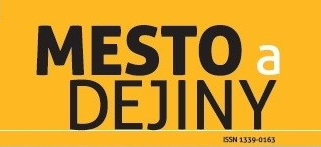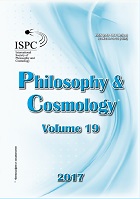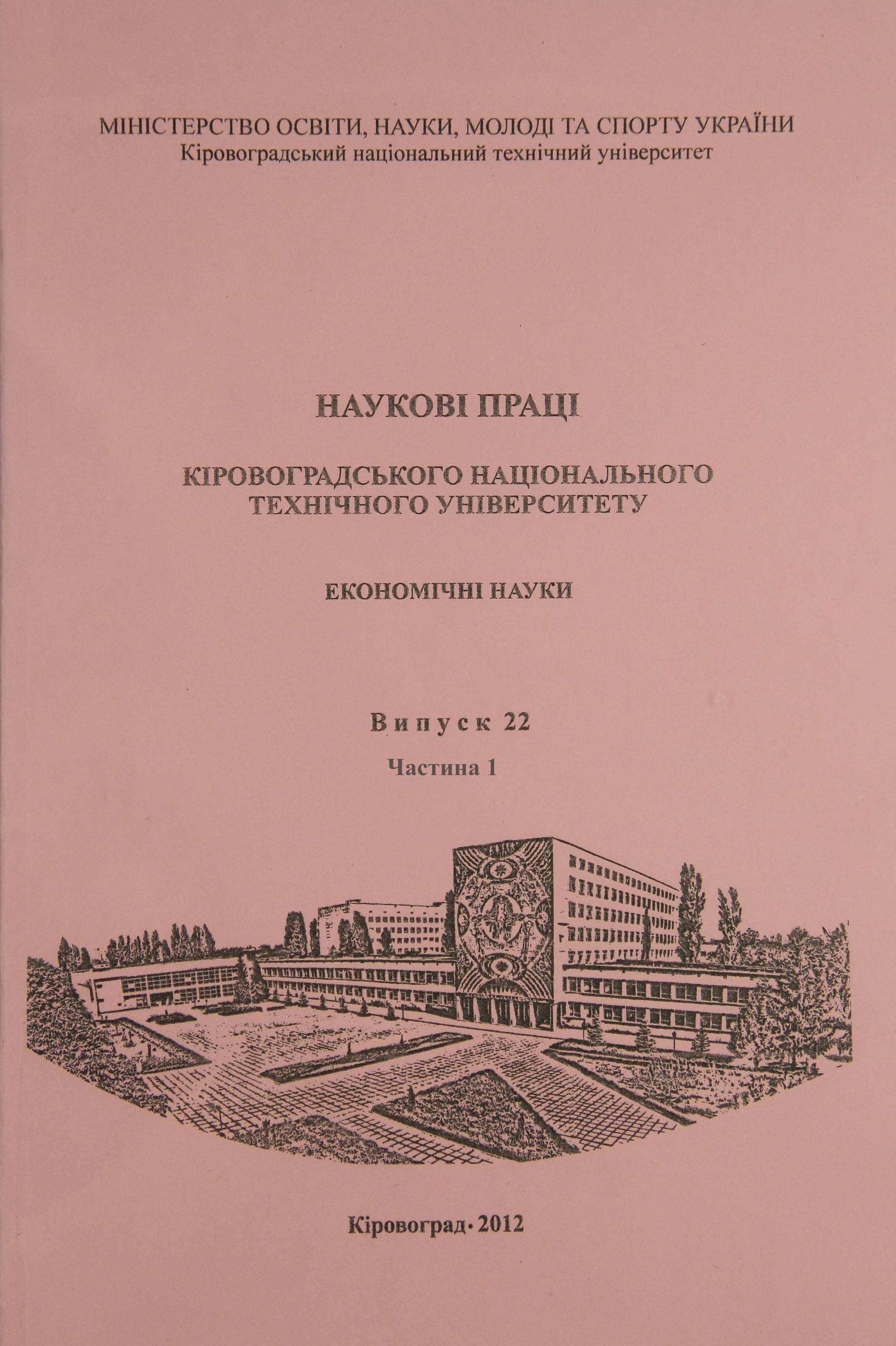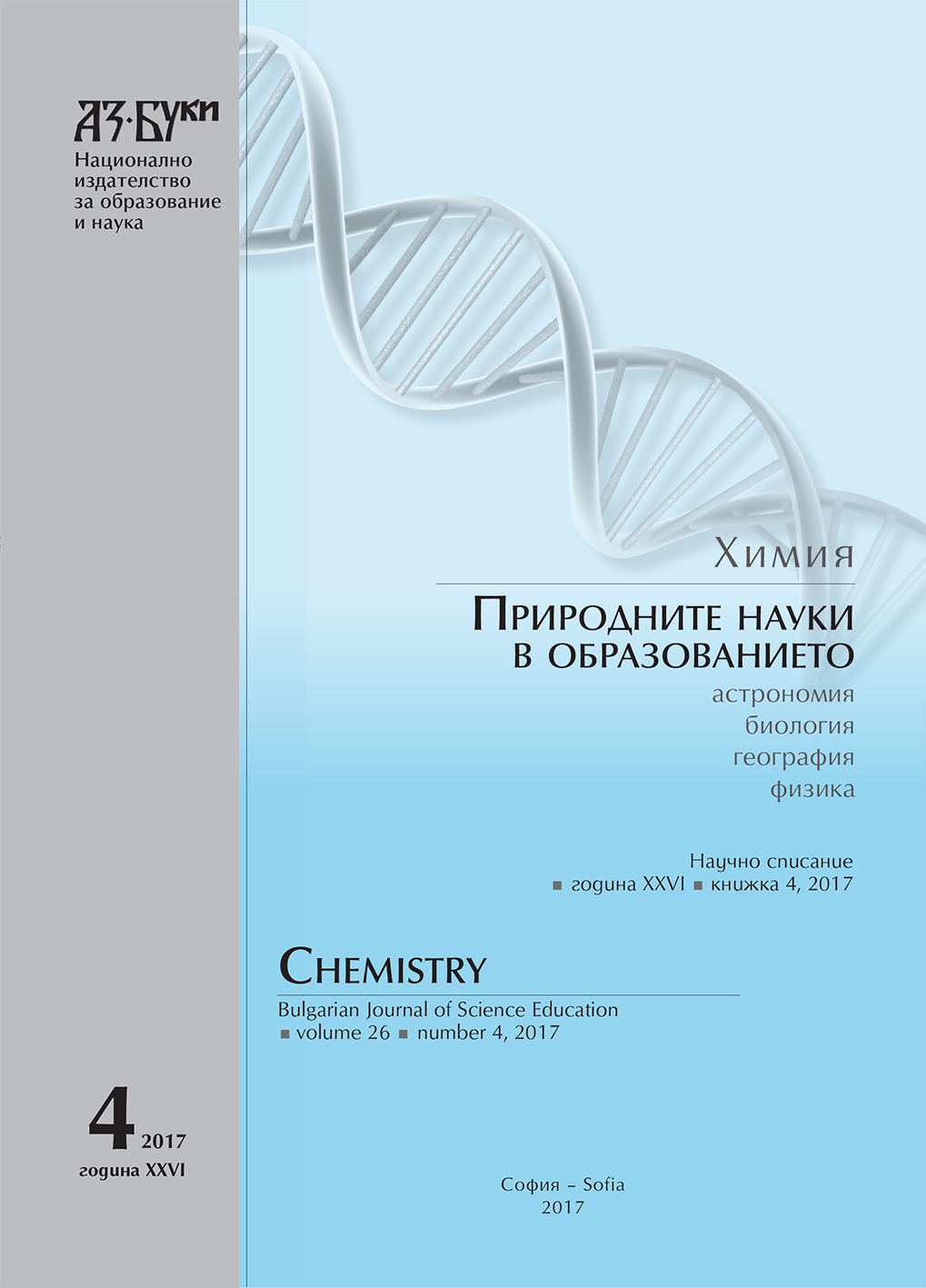
Забравени български учители: 1. Симеон Христов
A biographical sketch of Simeon Hristov (1852 – 1910) is presented. The author of the present article advocates for using by pupils and teachers “historical trips” in the past in order to overcome the cultural trauma, which is a feature of the modern education.
More...
